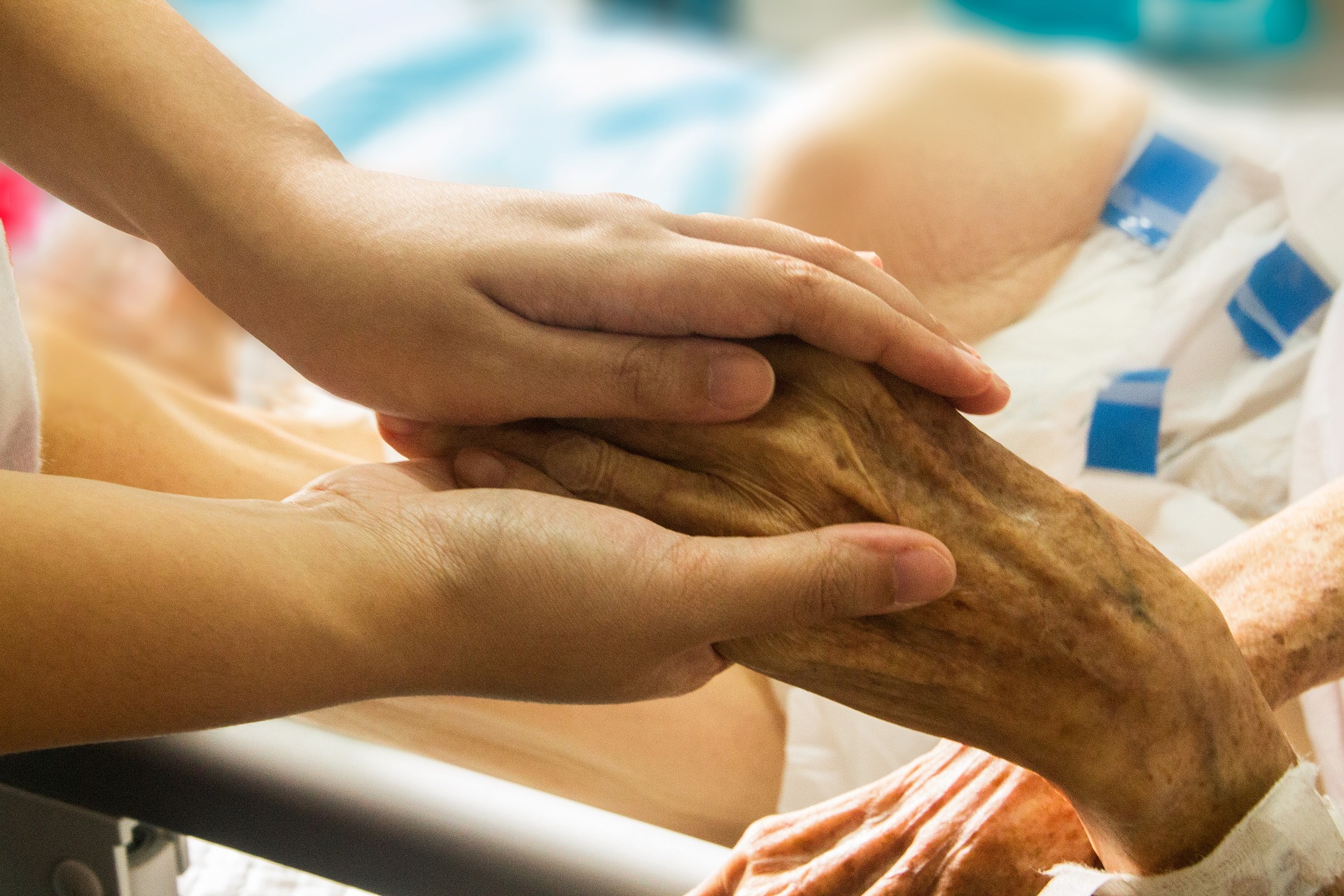When your elderly family member is living with a life-altering medical condition, every day can be difficult. It is easy to become frustrated and burnt out, even if our heart is in the right place. While it is acceptable to ask for help from time to time, at some point, you may have to admit that it is time to consider hospice care. If you are a non-medical caregiver in charge of watching over a sick friend or family member, you may wish to learn more about hospice and palliative care. Both services may be appropriate depending on the situation. Let’s take a look at both of these types of care.
What is Involved in Hospice Care
Hospice care generally takes place in the patient’s place of residence, whether at their home or an assisted living or memory care facility. The primary hospice goal is to provide as much comfort as the patient requires as they approach the end of life. This alleviation of pain is mostly physical but can also be spiritual and emotional. Individuals at this phase of their life often desire to be at home or in comfortable and familiar surroundings with people they love and recognize. Hospice care offers this opportunity while still ensuring that needed medical care is available.
- Hospice services typically incorporate various medical experts from different specialties. Doctors and nurses will be on call and available, but may also integrate the services of social workers, clergy members, and mental health counselors.
- Hospice professionals may be onsite less for medical care, instead ensuring and facilitating physical comfort and pain management.
- Hospice professionals deal with the feelings and emotions that come with knowing death is close.
- Hospice care includes grief and spiritual counseling to the individual, as well as their close friends and family, if applicable.
- Hospice care personnel are there to help with activities of daily life. (ADLs)
- Hospice also provides necessary equipment, such as hospital beds, in the patient’s own home.
- Hospice care ensures that a patient receives quality and compassionate services in their last days and facilitates a more dignified and peaceful death.
- Hospice care is typically considered to be the appropriate choice when terminally ill patients have no medical options left to them.
What Makes Palliative Care Different?
Palliative care focuses on easing the medical symptoms related to an ongoing medical issue, such as cancer. Palliative care strives to counteract the side effects of the treatments for these diseases – such as nausea that chemotherapy can cause.
- Palliative care is an element of hospice services meant to ease pain and address other symptoms associated with a severe or life-threatening medical condition.
- An individual eligible for palliative care may or may not be deemed terminal.
- Palliative treatments do not take the place of traditional medical treatments – but are provided in addition to the doctor’s care.
- Palliative services can be added to the larger patient care plan at any time during their standard treatments.
- Palliative care services are not designed to hasten or “wait for” death. Instead, the plans strive to enhance the person’s quality of life today – in the present.
Palliative care is most often delivered by a team of experts from various disciplines, such as counselors, therapists, doctors, and social workers. If you have a loved one who is nearing the end of their life, speak with their medical team and the staff at their assisted living facility about the most appropriate care plan.
A Banyan Residence is a senior living facility located in Venice, Florida. We offer expert assisted living and memory care solutions to area seniors. Call today to learn more.

